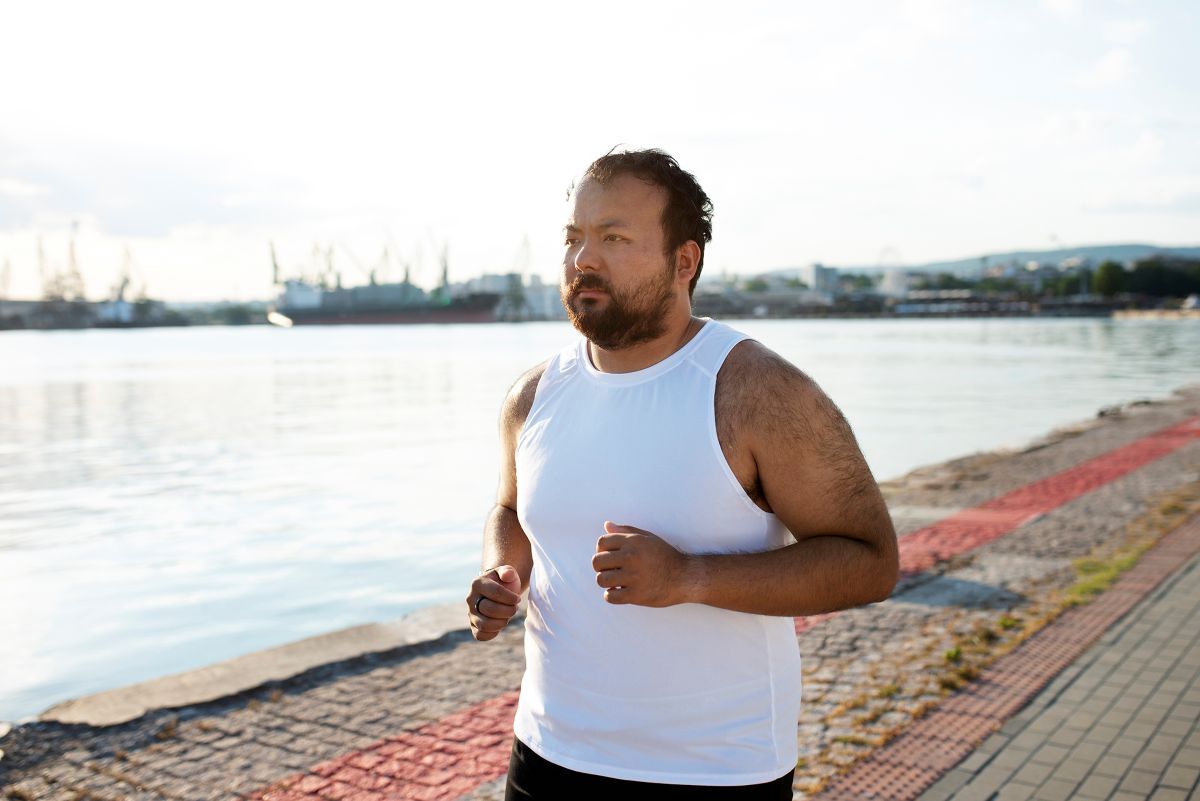With illness going around in the winter season, dehydration can often become a problem. Dehydration is a condition caused by the loss of too much fluid from the body. It happens when you are losing more fluids than you are taking in, and your body does not have enough fluids to work properly.
What causes dehydration?
You can become dehydrated because of: diarrhea, vomiting, sweating too much, urinating too much, which can happen because of certain medicines and illnesses, fever, not drinking enough.
Who is at risk for dehydration?
Certain people have a higher risk of dehydration:
Older adults. Some people lose their sense of thirst as they age, so they don’t drink enough fluids.
Infants and young children, who are more likely to have diarrhea or vomiting
People with chronic illnesses that cause them to urinate or sweat more often, such as diabetes, cystic fibrosis, or kidney problems
People who take medicines that cause them to urinate or sweat more
People who exercise or work outdoors (especially during hotter weather)
What are the symptoms of dehydration?
In adults, the symptoms of dehydration include feeling very thirsty, dry mouth, urinating and sweating less than usual, dark-colored urine, dry skin, feeling tired, dizziness.
In infants and young children, the symptoms of dehydration include dry mouth and tongue, crying without tears, no wet diapers for 3 hours or more, a high fever, being unusually sleepy or drowsy, irritability, eyes that look sunken.
Dehydration can be mild, or it can be severe enough to be life-threatening. Get medical help right away if the symptoms also include:
Confusion
Fainting
Lack of urination
Rapid heartbeat
Rapid breathing
Shock
How is dehydration diagnosed?
To make a diagnosis, your health care provider will do a physical exam, check your vital signs, ask about your symptoms. You may also have blood tests to check your electrolyte levels, especially potassium and sodium. Electrolytes are minerals in your body that have an electric charge. They have many important jobs, including helping to keep a balance of fluids in your body. Your doctor may also perform blood tests to check your kidney function and urine tests to check for dehydration and its cause.
What are the treatments for dehydration?
The treatment for dehydration is to replace the fluids and electrolytes that you have lost. For mild cases, you may just need to drink lots of water. If you lost electrolytes, sports drinks may help. There are also oral rehydration solutions for children. You can buy those without a prescription. Severe cases may be treated with intravenous (IV) fluids with salt in a hospital.
Can dehydration be prevented?
The key to preventing dehydration is making sure that you get enough fluids:
Drink enough water every day. Each person’s needs can be different, so ask your health care provider how much you should be drinking each day.
If you are exercising in the heat and losing a lot of minerals in sweat, sports drinks can be helpful
Avoid drinks that have sugar and caffeine
Drink extra fluids when the weather is hot or when you are sick.
Source: https://medlineplus.gov/ dehydration.html
Helpful drinks to prevent dehydration in a vomiting child
For vomiting children, the main risk is water loss, or dehydration, especially if fever causes them to sweat more or they are also losing fluid through diarrhea. When vomiting is severe or prolonged, a child may lose sodium, potassium, and chloride. These minerals have a crucial role in the transmission of nerve impulses and the contraction of muscles, and in regulating the body’s fluid balance.
While missing a meal or two will cause no harm to an otherwise healthy child, it’s important that a sick child continue to drink water to take care of normal daily needs, plus extra to make up for fluid loss and prevent dehydration. Young children are especially susceptible to dehydration because they are less efficient at conserving water than older children and adults. In addition, small body size means that it takes less fluid loss to lead to dehydration.
Offer frequent sips of water or, if your child doesn’t feel like drinking, ice chips to suck on. Build up to 1 oz an hour, then 2 oz an hour until the child is able to drink normally.
Your pediatrician may recommend a commercial rehydration solution to help replace lost sodium and potassium in a young child. These come in liquid and Popsicle-like forms to make them more appealing to children. It also makes certain that the liquid is taken slowly. Older children may ask for commercial sports drinks, but these should be used with care. They replace salts, but they also contain large amounts of sugar, which can make diarrhea worse. A child who wants a change from plain water may enjoy sips of fruit juice diluted half-and-half with water or flat soda. If your child is too sick to drink or listless or shows signs of progressive dehydration such as dry mouth, fewer tears, or urinates less frequently, seek urgent medical attention. Contact your pediatrician immediately.
Nutrition: What Every Parent Needs to Know, American Academy of Pediatrics










